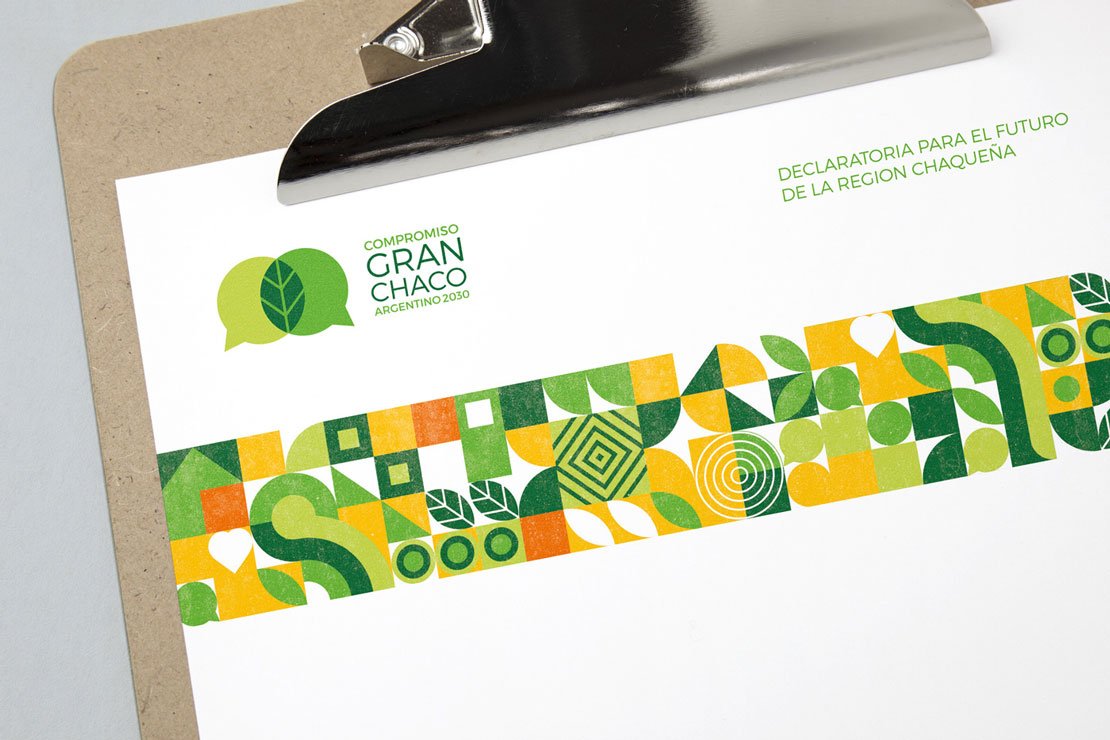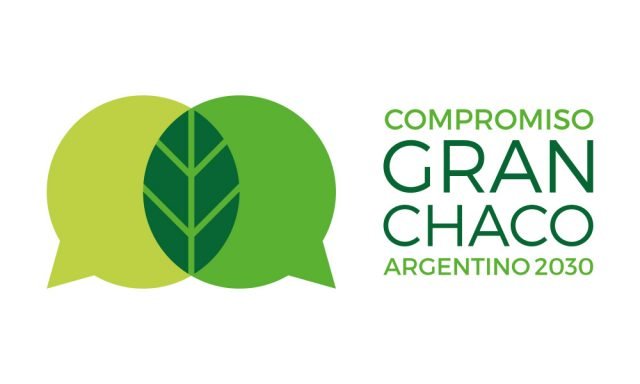

The “Argentine Gran Chaco 2030 Commitment” attempts to induce the State, the private sector and society in general to urgently act to avoid the deforestation and conversion of natural ecosystems.
The “Argentine Gran Chaco 2030 Commitment” is a campaign that is gaining ground and supporters to work for the conservation and protection of native forests and save the Chaco region.
More than 70 civil society organizations, committed to the environment, signed the #GranChacoArgentino2030 document, promoted by Greenpeace. The campaign seeks to induce the State, the private sector and society in general to urgently act to avoid deforestation and conversion of natural ecosystems.
“The Gran Chaco is in a state of emergency and needs the contribution of all sectors of society today,” the document reads.
The Gran Chaco is the second largest forested ecoregion in South America, occupying more than 100 million hectares between Argentina, Paraguay and Bolivia. It has great importance for the inhabitants of the territory and the country, as it offers opportunities for sustainable and inclusive development. However, the common goods and the ecosystem services that it provides are finite and require a responsible and planned use that guarantees their subsistence over time.
Until now, only 5.23% of the Argentine Chaco region is under legal protection (of which few areas are effectively protected), the rest of its natural areas are highly threatened. As an added factor, displaced communities are often forced to settle in the periphery of neighboring towns or cities, or areas far from their places of origin.
The Commitment points to the action and involvement of all sectors. On the one hand, it encourages civil society to create a common agenda to ensure that the problem is effectively incorporated into political discourse. On the other, it also appeals to the private sector, which is urged, among other measures, to strictly comply with and enforce the Forest Law.
Thanks to the “Tocá Madera” (Knock on Wood) campaign on social networks, launched by the Fundación Vida Silvestre Argentina civil association, more than 6 million people have been informed of the problem of deforestation in the Gran Chaco. The action was focused on Instagram, where images of native Chaco trees were published so that people could “touch the wood” through their cell phones and, with each like, help change the fate of the trees of the Chaco forest.
The Argentine Gran Chaco 2030 Commitment has been launched and the hopes are to increase the number of organizations signing up to the effort and definitely incorporate the issue into the daily concerns of those responsible for dictating and enforcing environmental laws.
